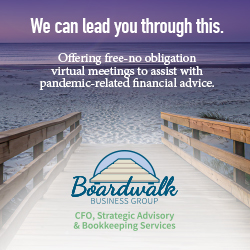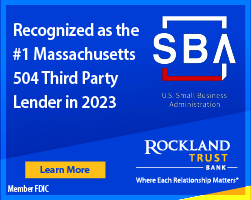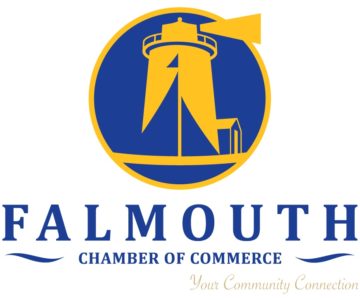By Lauren Barker
We’ve all read the headlines: the number of young people on Cape Cod is dwindling. This shift may be due to a massive out-migration of college-age and post-college residents. It may be that Cape Codders in the 20 to 45 age range are simply aging, and we are failing to replace them with new, permanent residents in this age bracket.
Regardless of how it’s happening, one thing is clear: Cape Cod is getting older.
From 2000 to 2016, the median age in Barnstable County rose from 44.6 to 51.8. Interestingly, the Cape is not alone in this trend; the increase mirrors that of other communities nationwide. In fact, more than 95 percent of counties in the U.S. have seen increases in their median age during this same 16-year period. The shifting statistics are, of course, a result of the substantial number of baby boomers now entering their 60s and 70s; as baby boomers age, so too does the median age of our communities as a whole.
You may be asking: “Why does this matter?”
The answer to this has multiple parts, all of which are worth considering as we form our communities’ plans for the future:
- These numbers signal a tremendous sea change. Very soon – sooner than we think – an unprecedented number of people nationwide will exit the workforce, leaving job opportunities and empty leadership seats behind. Where will the next trade workers come from? The next local elected officials? The next nurses and small business owners? In business, government, and many other fields, we talk regularly about succession planning. This begs the question: What is the continuity plan for our local communities?
- The numbers we hear only tell half the story. While Barnstable County’s median age is increasing faster than some, it remains well below the statistically “oldest” communities in the country. Take Sumter County, Florida, for example, which increased its median age from 49.2 to 67.1 between the years 2000 and 2016. The frequent talk of Cape Cod’s aging population does not account for this relative position of the Cape on the spectrum of median age nationwide. As a result, the young people and families who are here (they comprise more than 40 percent of the Cape’s population, believe it or not!) get lost in the shuffle. And their needs to successfully remain in our community are not adequately considered (think: childcare, well-paying year-round jobs, and remote work opportunities).
- In case study after case study, we see that young people are an impetus for economic growth. The presence of young people has major ramifications for the health, sustainability, and vibrancy of local communities. Where young people – particularly those in their 20s and 30s – move and live matters, because what we also know is that their likelihood of moving decreases with age. Young people represent a pool of future workers, ready to take the wheel and steer our communities – but only if we can attract and keep them here at a relatively early point in their personal and professional lives.
What can we do to reverse, or mitigate the trend? How do we encourage more young people to consider Cape Cod as a vibrant place to live, work, and raise a family?
Studies from the likes of the Pew Center and Gallup have examined what young people want in their communities. Those in the millennial generation (currently ages 21 to 37) are now greater in number than the baby boomers – and they comprise our up-and-coming workforce. Individuals in this age bracket consistently cite traits like a safe community, quality arts and entertainment, a strong sense of place, and proximity to the natural environment. Sound like anyplace you know?
The Cape can keep the young people we have – and attract new ones – by promoting the things that make this place so special. Through creative quality of life initiatives; smart growth strategies at the state and local level; and advocacy for resources that draw and keep young people and families here, we can continue to cultivate a vibrant and sustainable community that makes sense for the next generation of Cape Codders.
Lauren Barker is Executive Director of Cape Cod Young Professionals.























